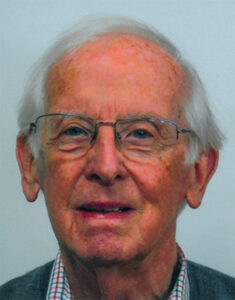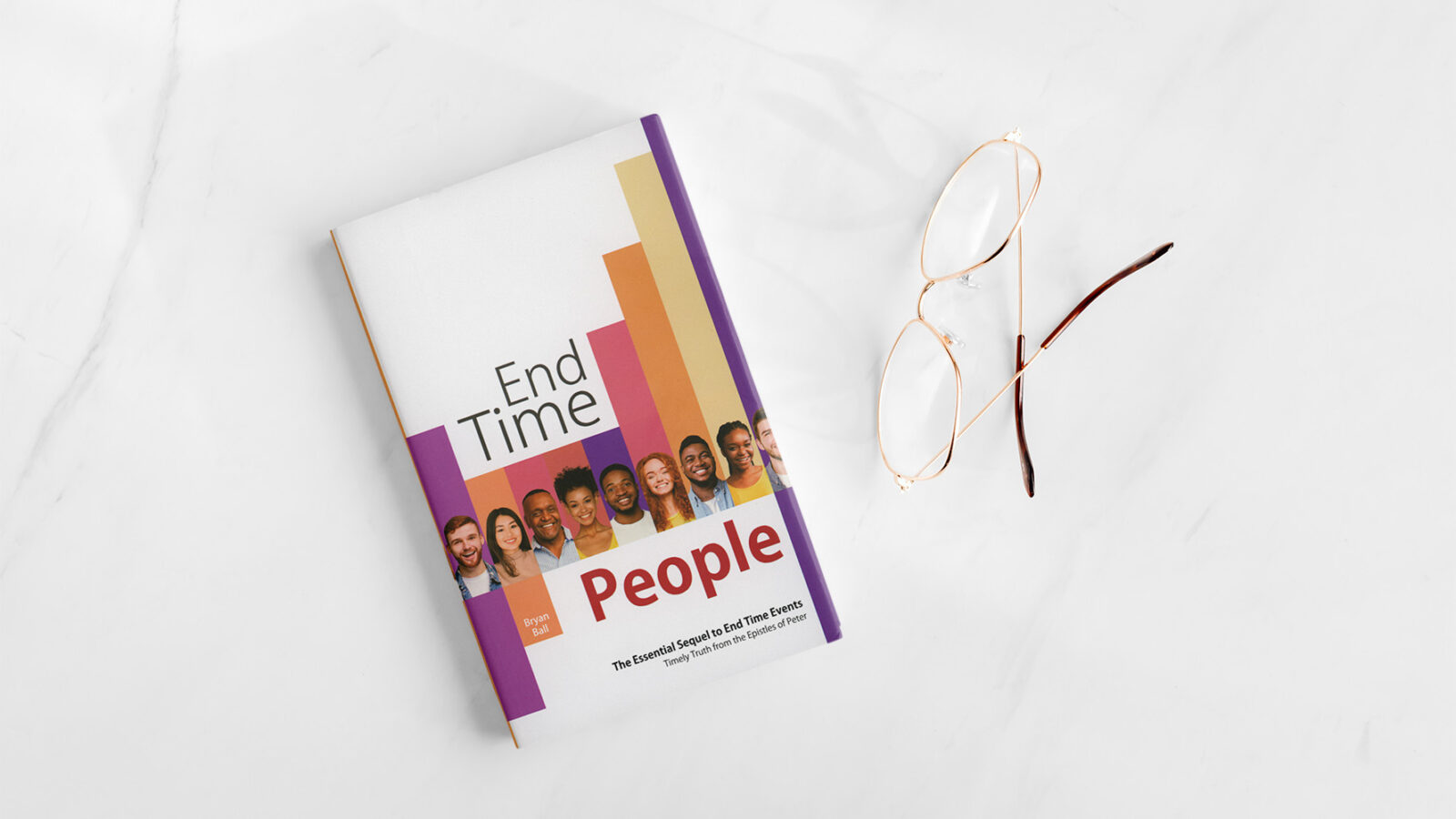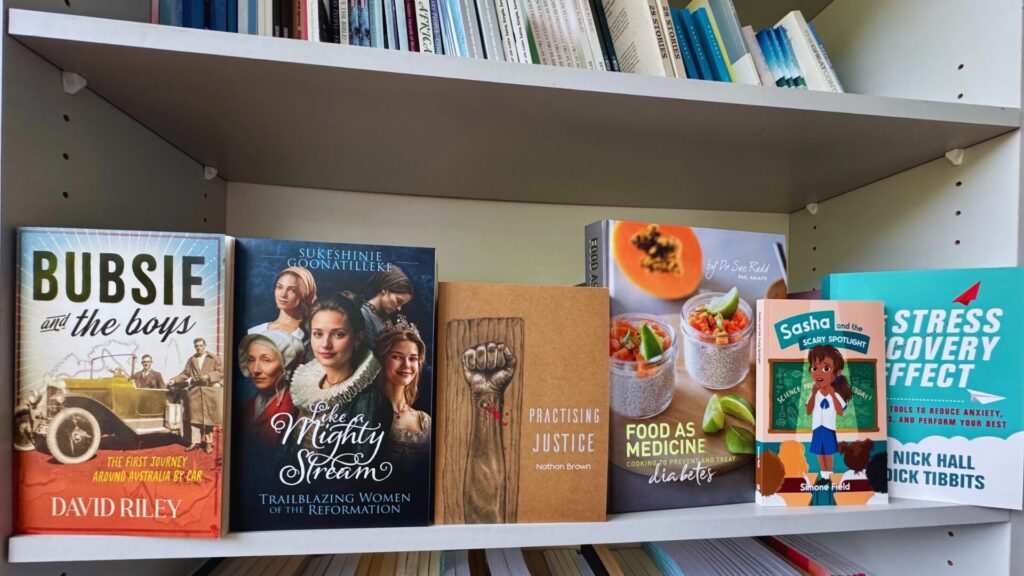Dr Bryan Ball is a retired church leader, pastor and academic, who lives in Cooranbong, New South Wales. Amid these many responsibilities, he has also been a regular author over many years and he talked recently about his new book.
What drew your attention to the epistles of Peter as the subject of your new book?
I first read through Peter’s epistles some years ago when I was marooned in Bangkok airport due to a missed connection back to Sydney. I was convinced that Peter has something of great importance to say to the church. After further reflection, this book grew out of a series of camp-meeting presentations on Peter’s epistles. It is easy to see why the author of one commentary on Peter says, “I do not think that any Christian can study this letter without hearing in it the voice of God speaking powerfully to the needs of today’s church.”
Why are these letters to the church almost 2000 years ago still relevant today?
Peter states repeatedly that he is writing to people who live in the end time. He speaks of “these last times” (1 Peter 1:20) and says “The end of all things is at hand” (1 Peter 4:7). Few New Testament writers say it as plainly as Peter does. The people to whom he was writing were literally “end time people.” In common with many other Christians, Adventists believe that Jesus is coming soon and that they are living at the end of time. So to understand Peter’s concerns is crucial for both the believing church and the unbelieving culture to which the church is called to bear witness.
How can we best read the Bible for living faithfully?
When reading the Bible personally, we should always ask ourselves the question, “What does this mean to me?” It does not need to be said that there is a difference between reading the Bible and studying it. Spiritual growth comes through feeding on the right kind of food. It has to be intentional and continual.
What surprised you in your study and research for this new book?
Two things, in particular, surprised me while preparing this book. I knew that Peter was writing to people who were living in the last days, but was surprised at how relevant what he wrote is to the church today. It seemed that Peter was writing specifically about our times rather than those of the early church. Second, Peter brings much-needed balance to the often-unbalanced emphasis placed on last-day events. Being ready for Christ’s return is more important than understanding dates and events. Although Peter is writing about the last days, the signs of Christ’s return are hardly mentioned. Peter is more concerned with who we are than with what we believe.
How are “end time people” different?
End time people are concerned about biblical truth and about being ready for Christ’s return. These concerns are brought together in the question Peter asks in the final chapter of his second epistle. To those looking forward to Christ’s coming, Peter asks the pointed question, “What kind of people ought you to be?” Lest there be any misunderstanding, Peter answers the question himself, “You ought to live holy and godly lives” (2 Peter 3:11, 12). Beyond being able to tick a list of questions about their beliefs, they live consciously in the light of Christ’s imminent return—ready, their lives bearing testimony to their professions of faith.

After being a writer for so long, how do you still have more to share?
My first book was published in 1975. Since then I have discovered that while writing books one becomes aware of other themes that call for investigation. In my case, there are already a couple of topics that I believe would benefit the church. But time is a real challenge. It is passing too quickly and it remains to be seen if further books will materialise.
End Time People and other books by Dr Ball are available from Adventist bookshops in Australia and New Zealand, or online.






